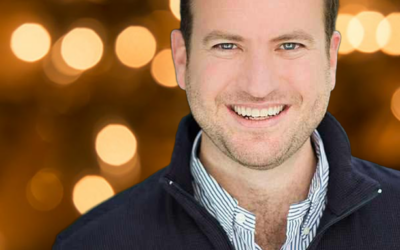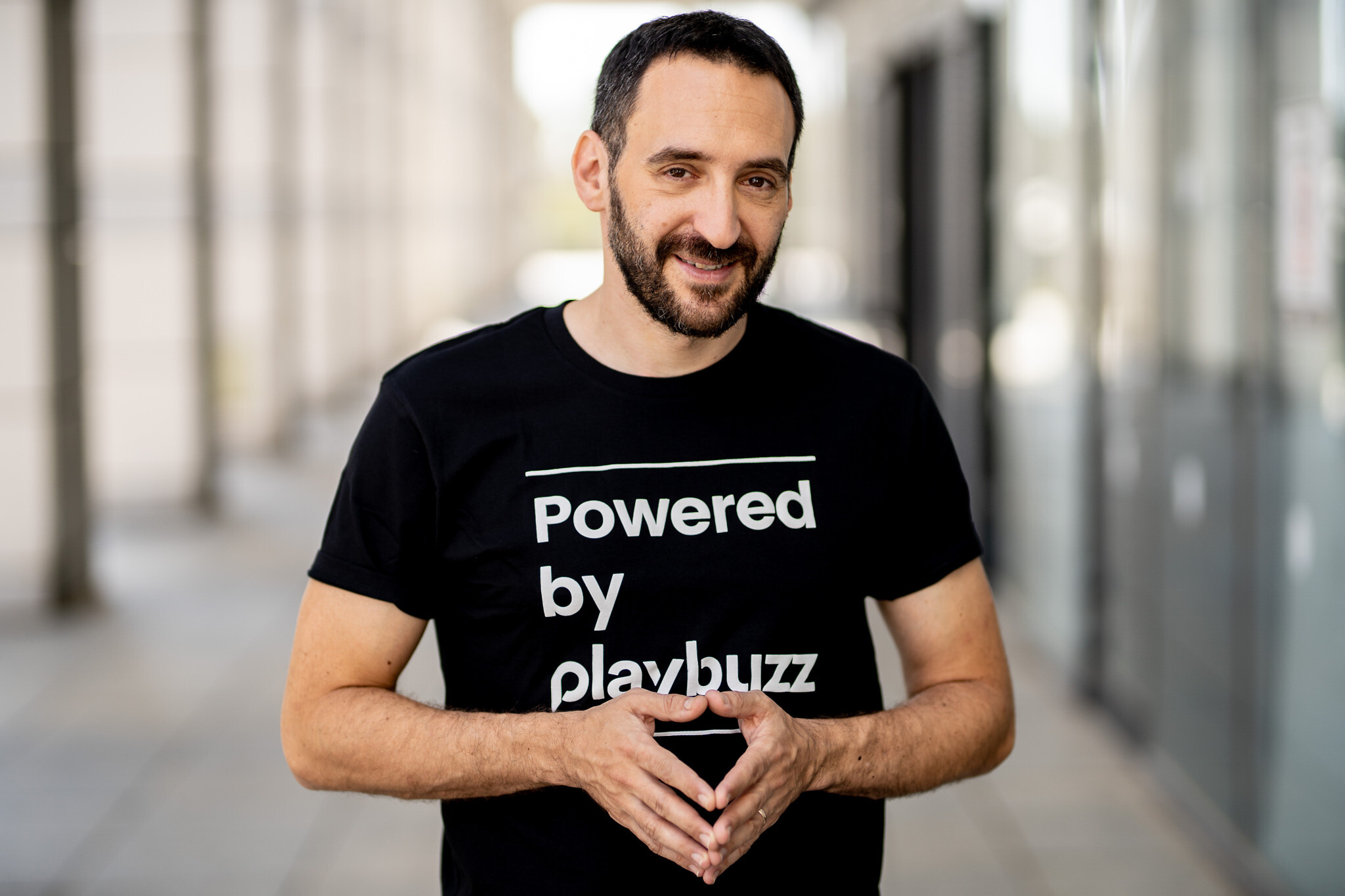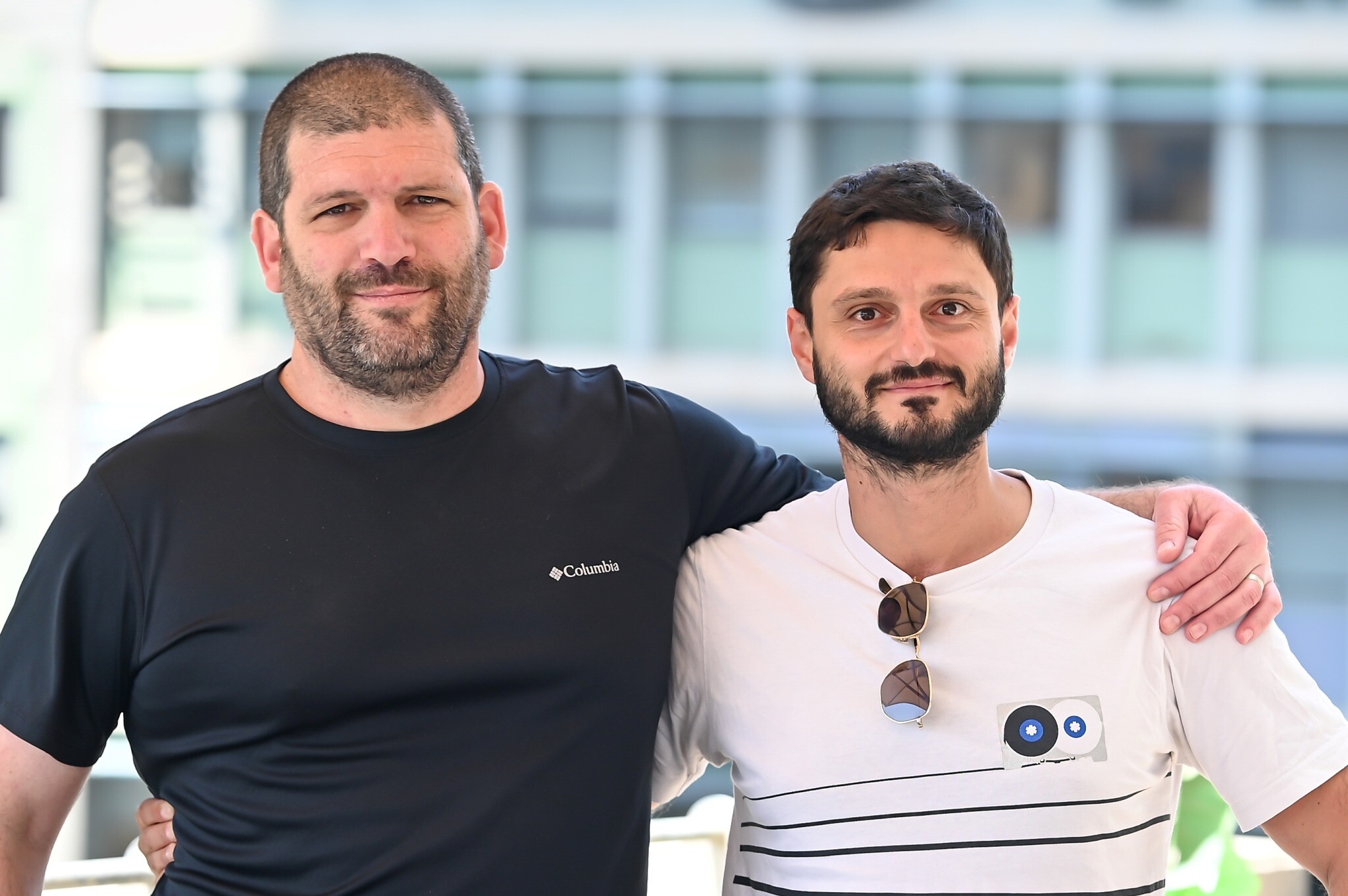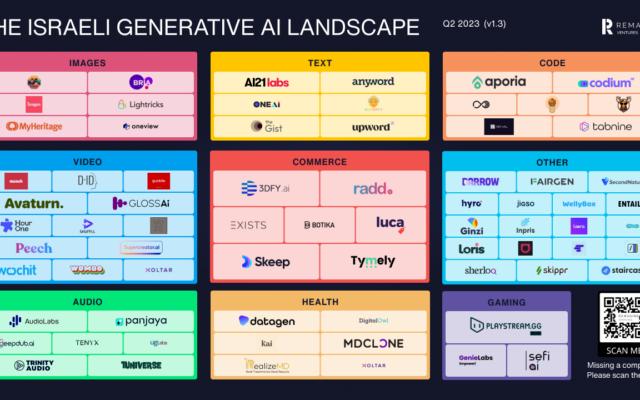Israel doubles down on Rosie the Robot
Generative AI is transforming our world, particularly when it comes to creating content. But what does it all mean? Some of Israel’s leading innovators in the field share their views on the latest tech revolution
Remember The Jetsons? It was a futuristic cartoon where machines and technology had advanced to become a routine part of daily life. Fast forward (or backwards) and while we may not have a robot housekeeper called Rosie, Artificial Intelligence is very much revolutionising the way we live, work and interact with each other.
Generative AI has been thrust into the limelight recently with the launch of tools like ChatGPT, a free natural language chatbot. Ask it any question and it will answer. It can help compose emails, essays and code.

But ChatGPT is just one of over 800 Generative AI companies out there, says Eze Vidra, the co-founder and managing partner of Remagine Ventures, which has been investing in Generative AI since early 2019 – before the term ‘Generative AI’ even existed. And Israel is a key player, home to around 100 Gen AI startups.
Vidra says: “Israel has long been a strong producer of AI startups. The talent pool in AI, and Israeli entrepreneurs’ high disregard to the impossible, combined with an active investment ecosystem gives Israel a great starting point to excel in the generative AI space.”
The most notable Israeli generative AI startups include AI 21 Labs, developer of the Jurassic LLM (an alternative to GPT) and Wordtune, a product that helps users re-write, summarise and enrich text.
Remagine recently published the first Israeli generative AI landscape mapping 68 startups active in the space across a range of areas. Among them are HourOne, Munch and Piggy.

Piggy
Piggy is a mobile content creator that enables smart phone users to quickly create fully-designed visually-appealing documents from their phone using text prompts. Whether it’s a presentation, marketing material or teaching resources (plus so much more), via the Piggy app users can come up with something within a minute and then amend if they want to. There’s also the option to add videos, voice memos, GIFs and create quizzes. The documents are in a shareable format and can be incorporated into social media platforms like TikTok and Facebook.
Founders: Shaul Olmert and Ilan Leibovich
Founded: 2022
Investment: $7.7 m
Based: Tel Aviv
Case Uses/Clients: Educational resources, media companies, marketing materials, publishing and promotional content.
Rationale: Co-founder and CEO Shaul Olmert says: “The original idea came from my daughter’s friend, who was asked to write an essay for school about how Covid affected her morale and mood, and instead of an article, she came up with something really creative and posted it on TikTok. It showed me that there was a whole new generation of people that grew up with a smartphone and a new form of creativity so let’s help them unleash their creativity, providing them with the right tools to do so.”
On Generative AI, Shaul Olmert says: “The pick-up of Gen AI is outstanding. At first it was mainly about the marvel and people being fascinated by the technology, but now, people are using Gen AI in their day-to-day, and thinking how it can help them solve a problem.”
What does Gen AI mean for jobs? Shaul Olmert: “The internet has created a wave of very shallow content which can be used for marketing and promotional articles but when it comes to more in-depth analytical pieces, you can’t replace people. For everyone concerned about AI replacing humans, I remember the same concerns over the invention of Personal Computers. People thought we were going to be replaced by robots. Yes things will have to change, but it’s good because the computers can do a lot of the leg work, which helps people to develop skills that machines can’t. There’s always suspicion when new tech emerges but we need to see it as an opportunity.”
HourOne
Hour One creates virtual humans, aka avatars, for use in professional video communications. Taking just a few seconds of a video, Hour One’s technology creates lifelike digital clones of real people. It uses deep learning algorithms to analyse a person’s voice, mannerisms, and facial expressions, and then creates a digital avatar that can mimic their behaviour and speech patterns in real-time, bypassing the need for the actual person to be in front of the camera. There is also an Hour One self-service platform, Reals, enabling users to generate their own fully-produced videos automatically and within minutes. Simply type what you want in the text box and a storyboard for your video gets created. It can then be edited before hitting ‘generate’.
Named Fast Company Next Big Thing in Tech in 2021, Hour One is proving popular with HR teams for their training videos and for those with product tutorials. Customers across the world include some of the biggest names in e-learning and media, including Berlitz, NBC Universal and DreamWorks, and spanning HR, e-commerce, SaaS and more.
Founders: Oren Aharon (CEO) and Lior Hakim (CTO).
Founded: 2019
Invested: $25 million
Based: Headquartered in Tel Aviv and New York
Case Uses/Client: HR professionals, people with no expertise or resources for making videos or with no coding experience, anyone who wants to create a video.
Rationale: Natalie Monbiot, Head of Strategy and a founding executive at Hour One, says: “We know that video content featuring real people talking to the camera and explaining something is one of the most effective ways to communicate yet can be one of the hardest ways to generate – you need a studio, with crew, hair and make up etc, and if you then wanted to create more, would have to do it all again and it might not look exactly the same. We wanted to democratise access, enabling as many people and businesses as possible to generate their own videos.”
What does the impact of this Gen AI mean for jobs? Natalie Monbiot: “Where we see the opportunity is in the white space. Video professionals will still be focused on making professional videos – ours are more business focused and about talking to the camera – fulfilling a white space where videos don’t tend to exist. As the technology improves for Gen AI video, the upside is that people who don’t have the skills can now make videos. People who never thought about translating their story into video form now can. I think all companies need to be thinking about the implications of Gen AI for their business and skillset. We do need to be aware of the implications it has on jobs across the board. If you’re a copywriter or video editor, you need to think about what your uniqueness is so you’re not just replaced, but also how you embrace these opportunities to add more strings to your bow, and enable you to be more prolific. It’s not a good time to ignore that Generative AI is here.”
Where do you see the big opportunities for Gen AI in the future? Natalie Monbiot: “Content, but the potential in genetics and science is extremely exciting too. And what the implications are of anyone being able to code. Sometimes with technology you don’t know what the implications and possibilities are. We had that with the internet and smartphones, and now we have it with AI. Anybody can try it out. It’s very accessible. And seemingly immediately so.”

Munch
Munch uses Generative AI to extract the most engaging, trending and impactful clips from long-form videos, to create a short video, perfect for posting on social media.
Founders: Oren Kandel and Peter Naftaliev
Founded: 2021
Based: Tel Aviv
Invested: $5 million to date
Case Uses/Clients: 90% are small businesses (mostly in the US, Canada and the UK), plus large media companies that want to get their videos in the right format for social media.
Rationale: Oren Kandel, co-founder and CEO, says: “We wanted to address the traditional pain point of creating large amounts of content for those who have a limited budget and resources to do so, or can’t afford to pay agencies to do so. There has been a lot of progress in terms of the quality of video tools, but a lot of them are not day-to-day-tools. We can assume that businesses today want to create massive amounts of short videos on a daily basis, to use for marketing and brand awareness, and to create a folk leadership and following. People aren’t really watching long-form videos anymore.”
What makes Israel so well-placed when it comes to Gen AI? Oren Kandel: “First and foremost, there’s the fact that we are a very small country and everyone knows everyone – it’s very easy to start a business and quickly make connections that can help you succeed. On top of that there is the complex security situation, the nature of our history and some of what we go through in the army makes us more willing to take risks and to start our own businesses.”
Other Opportunities for Generative AI: Oren Kandel says: “AI and specifically Gen AI is lowering the barriers to entering every knowledge-based industry, meaning you will be able to start creating new companies faster than before and with less resources, which means you will either succeed fast or fail fast. Now we have GPT companies that can write code, build websites and do so much for you, the capacity of what you can do is amazing, so the barriers are much lower. I think we will see an explosion in creativity – a renaissance based on this type of technology.”

Thank you for helping to make Jewish News the leading source of news and opinion for the UK Jewish community. Today we're asking for your invaluable help to continue putting our community first in everything we do.
For as little as £5 a month you can help sustain the vital work we do in celebrating and standing up for Jewish life in Britain.
Jewish News holds our community together and keeps us connected. Like a synagogue, it’s where people turn to feel part of something bigger. It also proudly shows the rest of Britain the vibrancy and rich culture of modern Jewish life.
You can make a quick and easy one-off or monthly contribution of £5, £10, £20 or any other sum you’re comfortable with.
100% of your donation will help us continue celebrating our community, in all its dynamic diversity...
Engaging
Being a community platform means so much more than producing a newspaper and website. One of our proudest roles is media partnering with our invaluable charities to amplify the outstanding work they do to help us all.
Celebrating
There’s no shortage of oys in the world but Jewish News takes every opportunity to celebrate the joys too, through projects like Night of Heroes, 40 Under 40 and other compelling countdowns that make the community kvell with pride.
Pioneering
In the first collaboration between media outlets from different faiths, Jewish News worked with British Muslim TV and Church Times to produce a list of young activists leading the way on interfaith understanding.
Campaigning
Royal Mail issued a stamp honouring Holocaust hero Sir Nicholas Winton after a Jewish News campaign attracted more than 100,000 backers. Jewish Newsalso produces special editions of the paper highlighting pressing issues including mental health and Holocaust remembrance.
Easy access
In an age when news is readily accessible, Jewish News provides high-quality content free online and offline, removing any financial barriers to connecting people.
Voice of our community to wider society
The Jewish News team regularly appears on TV, radio and on the pages of the national press to comment on stories about the Jewish community. Easy access to the paper on the streets of London also means Jewish News provides an invaluable window into the community for the country at large.
We hope you agree all this is worth preserving.






















